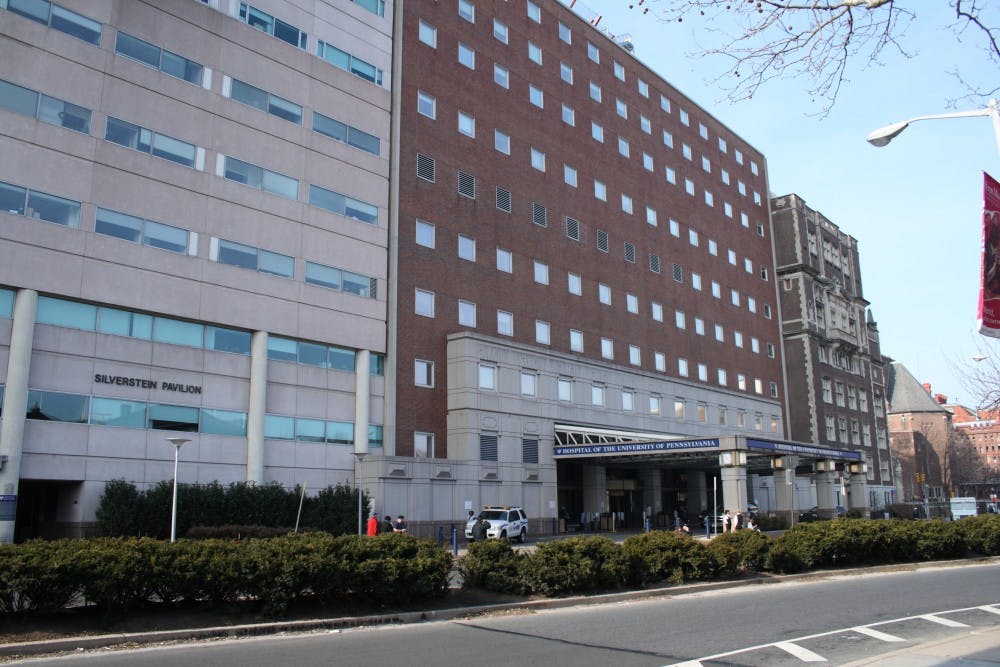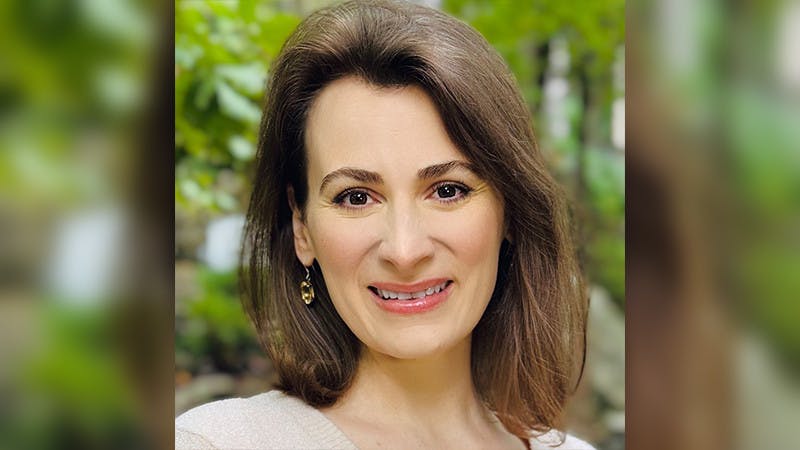
As the ebola epidemic winds down, Penn is halting its ebola preparation. | Courtesy of Sage Ross/Creative Commons
Credit: Sage RossOn Oct. 28, 2014, President Obama delivered a statement regarding United States health care workers’ response to the spreading Ebola outbreak, assuring, “This disease can be contained. It will be defeated. Progress is possible.”
At the time of Obama’s statement, tensions were high across the country. Penn, which is home to a large international community, was no exception.
But on Jan. 4, 2016, the Philadelphia Department of Public Health announced a revision of screening guidelines following the World Health Organization’s Dec. 29 announcement that Guinea — the last West African nation affected by the disease — was Ebola-free. According to the new guidelines, PDPH will no longer monitor travelers from countries where Ebola was known to be a threat.
To address the growing epidemic, the University of Pennsylvania Health System had been cooperating with the PDPH to follow Centers for Disease Control and Prevention guidelines to monitor travelers to and from the West African nations affected by the virus: Liberia, Sierra Leone, Guinea and Mali.
However, even before PDPH began its new protocol, UPHS began monitoring travelers out of concern for its community — University City and its greater surrounding area feature one of the most prominent West African communities in the country.
The initial screening for symptoms began in the early fall of 2014 and involved screening every patient who came in contact with a health system, regardless of the origin of their visits.
This policy was put in place to ensure no one went unchecked and to prevent any instances of racial profiling. The Hospital of the University of Pennsylvania also worked in conjunction with the PDPH to monitor a shorter list of possibly affected patients. Former HUP doctor Trish Henwood, for example, who fulfilled several tours of Ebola aid work in Guinea, was monitored by the PDPH with the help of HUP upon her reentries to the country.
Associate Chief Medical Officer and Infectious Disease Specialist Dr. Neil Fishman oversaw the Penn hospital system’s preparations.
“We trained an army because the challenge of caring for someone with even possible Ebola required that we essentially redefine healthcare,” Fishman said. “Even the simplest activities had to be redesigned. You couldn’t just get a blood sample. You couldn’t just bring in a food tray.”
An evaluation unit and subsequent treatment unit were established in the Department of Emergency Medicine. A total of seven patients were evaluated over the course of the epidemic, all of whom were eventually diagnosed with other maladies. The PDPH evaluated 25 of the total 961 patients it monitored for the virus, all of whom were also Ebola-free.
Dr. Fishman described the Penn healthcare system as working at the highest possible level in response to the crisis. In a time of public health hysteria only matched by that of the early AIDS era, he cites the faculty and administration as demonstrating the epitome of teamwork. Penn Police provided security at Penn hospitals and were taught to recognize viral symptoms they might see in passersby on campus.
Dr. Fishman believes that this outbreak leaves a protocol framework that must be conserved. “As we prepare for the future this [crisis] has really highlighted the need to always be prepared, ” he said. “We have built a phenomenal infrastructure that needs to be maintained as we don’t know what possible crisis could be next.”
The Daily Pennsylvanian is an independent, student-run newspaper. Please consider making a donation to support the coverage that shapes the University. Your generosity ensures a future of strong journalism at Penn.
DonatePlease note All comments are eligible for publication in The Daily Pennsylvanian.







